News from Peace Now's (Israel) Settlement Watch:
Earlier this week Haaretz
reported that a new illegal outpost is being established on private Palestinian land near Givat Salit and near
the Palestinian community of Al-Khaimah. Yesterday (25.10) the settlers moved the outpost from the private lands
and re-established it on "state lands" in a nearby hill.
It is yet to be seen whether the government takes action to evacuate the illegal structures or allows for the
substantiation of a new outpost.
All of the structures in Al-Khaimah were demolished completely by the Civil Administration approximately a month
ago and Peace Now tends to think that the demolition of Al-Khaimah and the establishment of the new outpost
are related, in the sense that the settlers exerted pressure on the government to demolish specifically in that
area. Furthermore, It is possible that the new illegal outpost is meant to serve as a bargaining chip by
the settlers, who will demand demolitions of more Palestinian homes if the government will seek to enforce the law
and evacuate them. Peace Now is familiar with at least one case in which this method was utilized by the settlers,
when two years ago settlers established an illegal outpost near the settlement of Maskiyot and the Palestinian
community of Ain al Hilweh and agreed to evacuate only after several Palestinian homes were demolished.

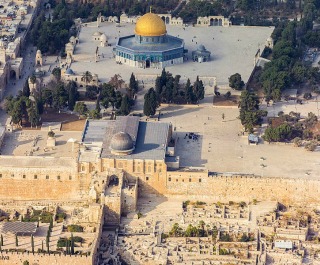
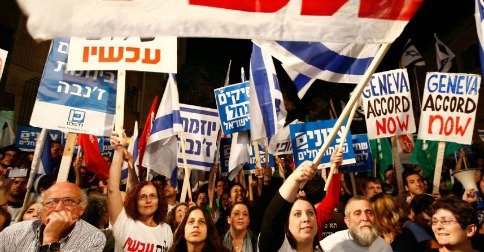 With the 50th anniversary of the occupation upon us, the hope for a two-state solution is
dying. If there was ever a time to speak the truth about the settlements, it’s now.
With the 50th anniversary of the occupation upon us, the hope for a two-state solution is
dying. If there was ever a time to speak the truth about the settlements, it’s now. Last Friday, the UN Security Council held a meeting organized under the title “Illegal Israeli
Settlements: A Threat to Peace and the Two-State Solution.” Americans for Peace Now proudly took part in that
event, offering testimony grounded in love for Israel and expressing an unwavering commitment to Israel’s
security and its survival as a democracy and a state rooted in the Jewish values expressed in its Declaration of
Independence. Of course, that testimony also dealt with the settlements, explaining why they are detrimental to
the cause of Israeli-Palestinian peace and therefore to Israel’s national security interests.
Last Friday, the UN Security Council held a meeting organized under the title “Illegal Israeli
Settlements: A Threat to Peace and the Two-State Solution.” Americans for Peace Now proudly took part in that
event, offering testimony grounded in love for Israel and expressing an unwavering commitment to Israel’s
security and its survival as a democracy and a state rooted in the Jewish values expressed in its Declaration of
Independence. Of course, that testimony also dealt with the settlements, explaining why they are detrimental to
the cause of Israeli-Palestinian peace and therefore to Israel’s national security interests.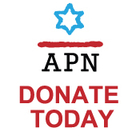
 In the October 14, 2016 briefing call with APN's Lara Friedman and Israeli Legal Expert Michael
Sfard on the UNSC Session on Israeli Settlements, they discussed the threat to Israel's security and the
two-state solution posed by settlements, the dangers of unilateral withdrawal, and the possibility of further
action at the UN.
In the October 14, 2016 briefing call with APN's Lara Friedman and Israeli Legal Expert Michael
Sfard on the UNSC Session on Israeli Settlements, they discussed the threat to Israel's security and the
two-state solution posed by settlements, the dangers of unilateral withdrawal, and the possibility of further
action at the UN.

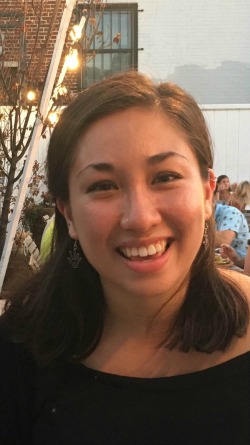 Every Shabbat, Jews around the world ask God to “spread over us a sukkat shalom – a
sukkah of Your peace.” We express our hope for the protection of our dignity and our rights, and to live in a
just and peaceful world with our neighbors. As the Jewish festival of Sukkot begins just days after Yom Kippur,
Jewish communities come together to celebrate, among other things, the freedom of the people of Israel – and to
build their individual and communal sukkahs as physical representations of this peace and protection that we
seek. Unfortunately, there are other homes being built that only serve to prevent both peace and freedom.
Every Shabbat, Jews around the world ask God to “spread over us a sukkat shalom – a
sukkah of Your peace.” We express our hope for the protection of our dignity and our rights, and to live in a
just and peaceful world with our neighbors. As the Jewish festival of Sukkot begins just days after Yom Kippur,
Jewish communities come together to celebrate, among other things, the freedom of the people of Israel – and to
build their individual and communal sukkahs as physical representations of this peace and protection that we
seek. Unfortunately, there are other homes being built that only serve to prevent both peace and freedom.
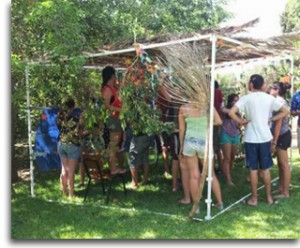
 APN hosted a briefing call
on Friday, October 14th, at 3:00 pm Eastern Time with Lara Friedman, APN director of
policy and government relations, and Israeli legal expert Michael Sfard. The call was moderated by APN's
Aaron Mann.
APN hosted a briefing call
on Friday, October 14th, at 3:00 pm Eastern Time with Lara Friedman, APN director of
policy and government relations, and Israeli legal expert Michael Sfard. The call was moderated by APN's
Aaron Mann.